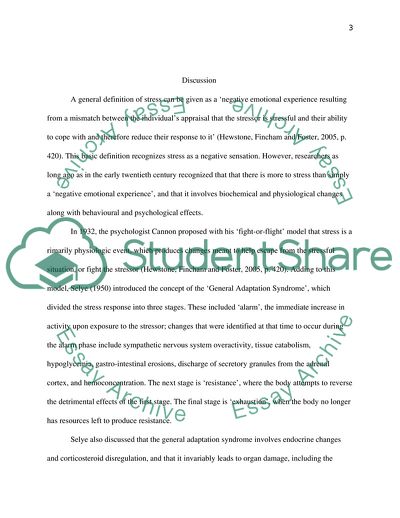Cite this document
(The Link Between Stress and Illness Literature review Example | Topics and Well Written Essays - 1500 words, n.d.)
The Link Between Stress and Illness Literature review Example | Topics and Well Written Essays - 1500 words. https://studentshare.org/health-sciences-medicine/1766332-assess-research-that-indicates-a-link-between-stess-and-illness-making-reference-to-at-least-four-studies
The Link Between Stress and Illness Literature review Example | Topics and Well Written Essays - 1500 words. https://studentshare.org/health-sciences-medicine/1766332-assess-research-that-indicates-a-link-between-stess-and-illness-making-reference-to-at-least-four-studies
(The Link Between Stress and Illness Literature Review Example | Topics and Well Written Essays - 1500 Words)
The Link Between Stress and Illness Literature Review Example | Topics and Well Written Essays - 1500 Words. https://studentshare.org/health-sciences-medicine/1766332-assess-research-that-indicates-a-link-between-stess-and-illness-making-reference-to-at-least-four-studies.
The Link Between Stress and Illness Literature Review Example | Topics and Well Written Essays - 1500 Words. https://studentshare.org/health-sciences-medicine/1766332-assess-research-that-indicates-a-link-between-stess-and-illness-making-reference-to-at-least-four-studies.
“The Link Between Stress and Illness Literature Review Example | Topics and Well Written Essays - 1500 Words”. https://studentshare.org/health-sciences-medicine/1766332-assess-research-that-indicates-a-link-between-stess-and-illness-making-reference-to-at-least-four-studies.


